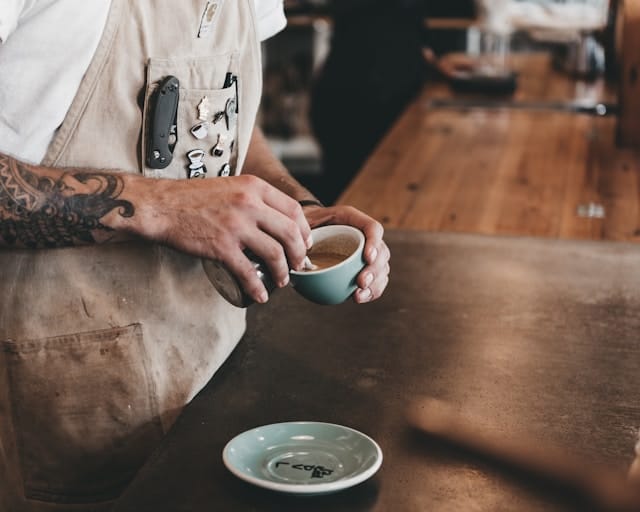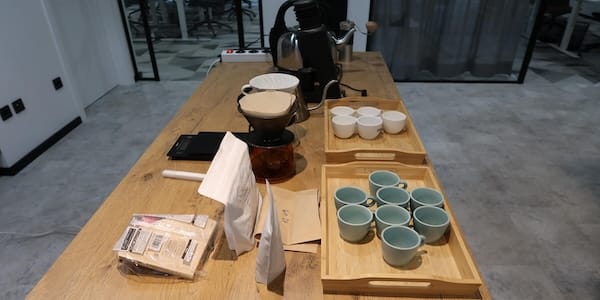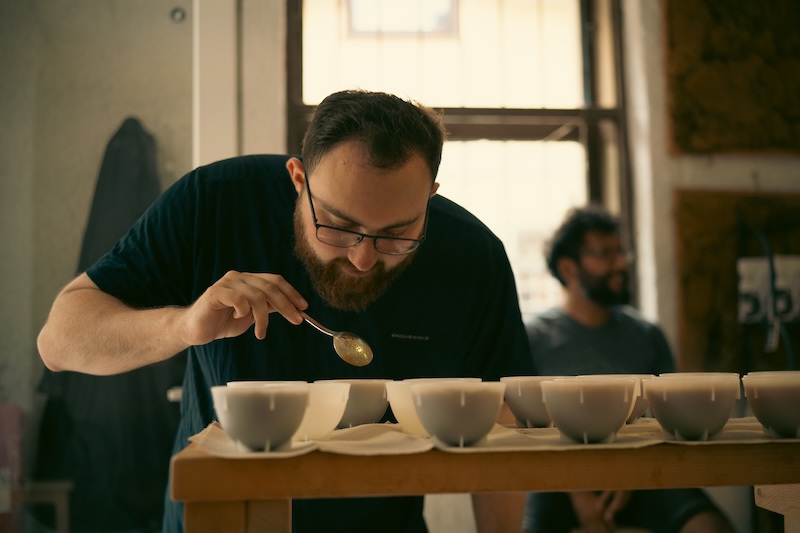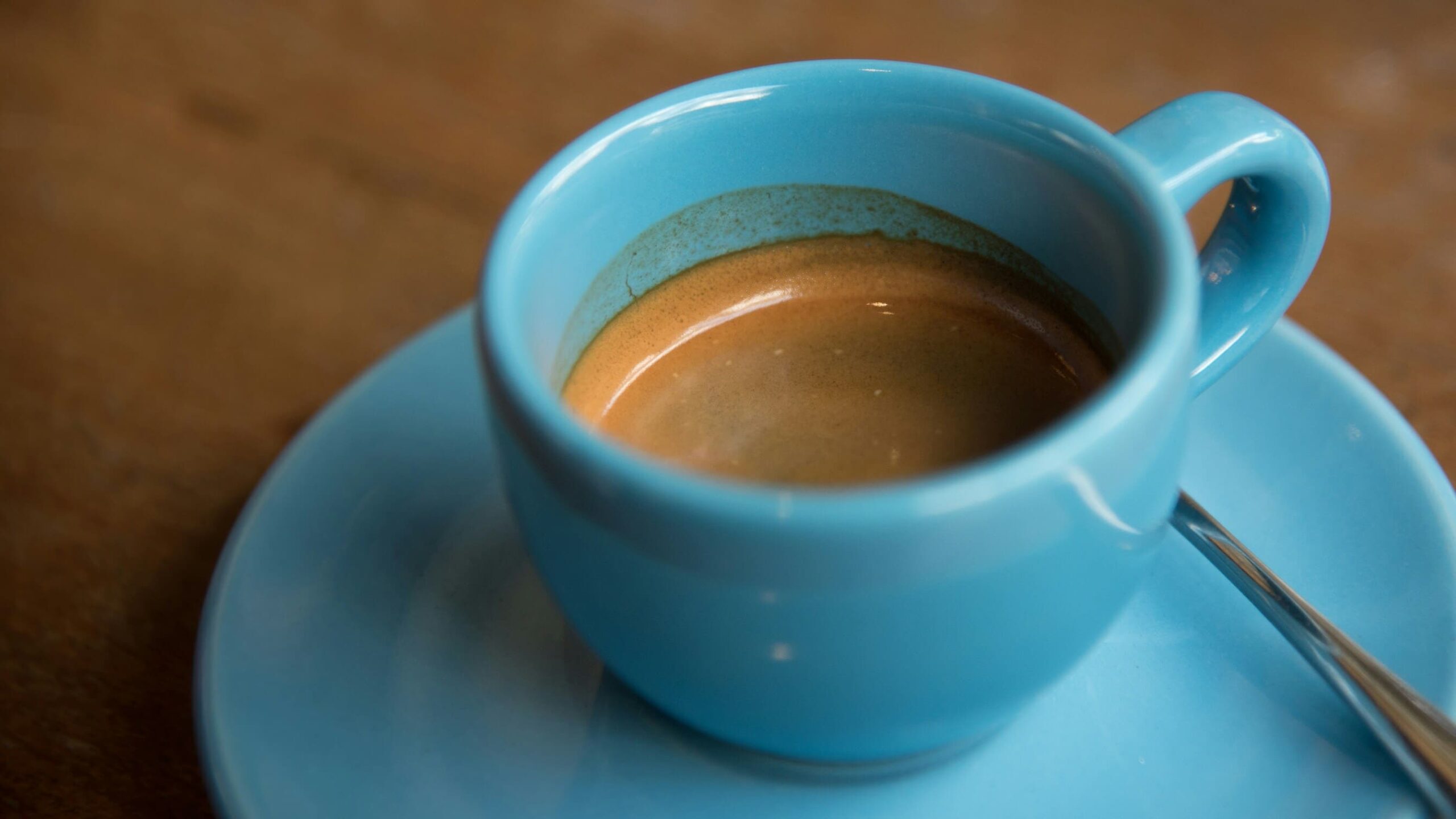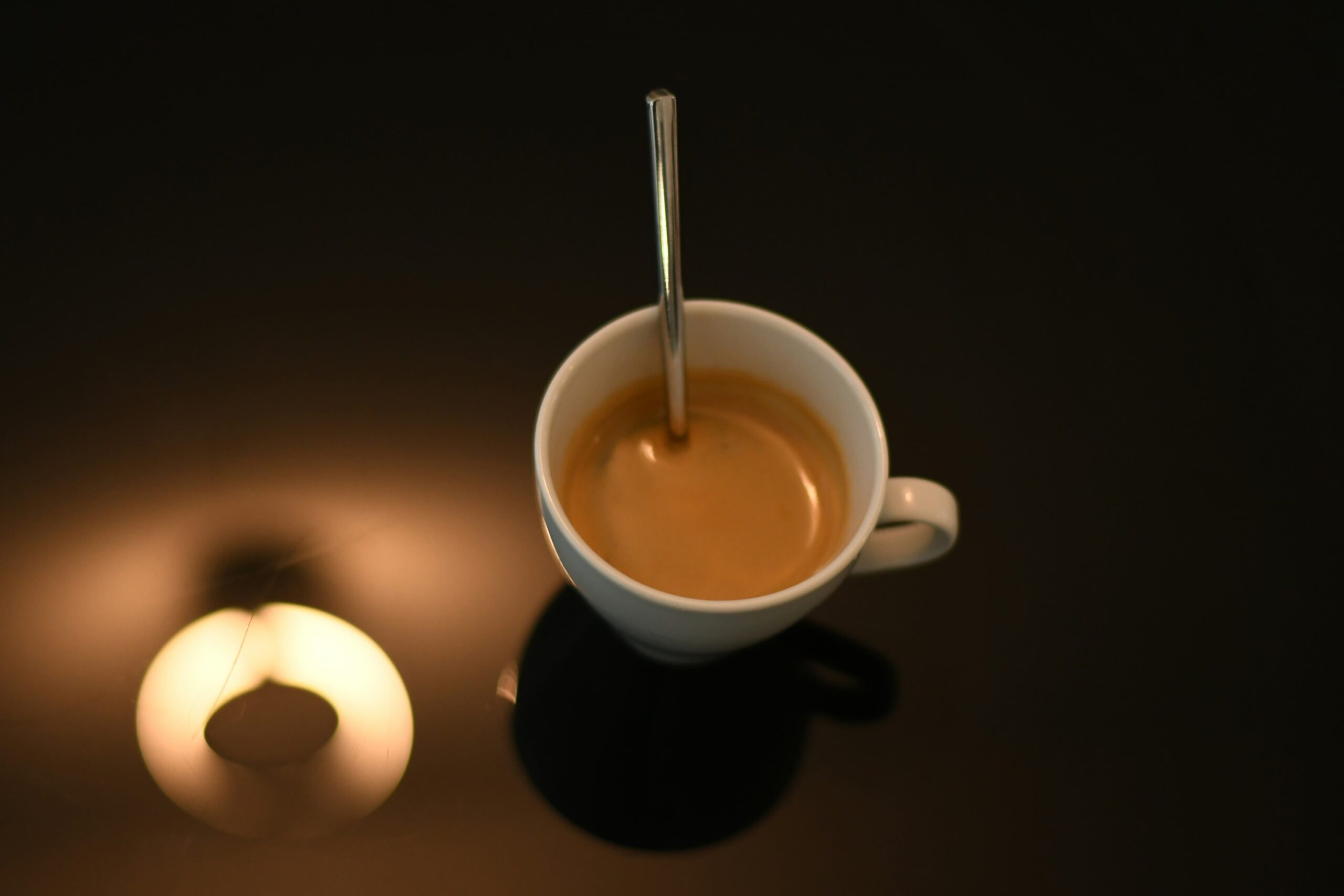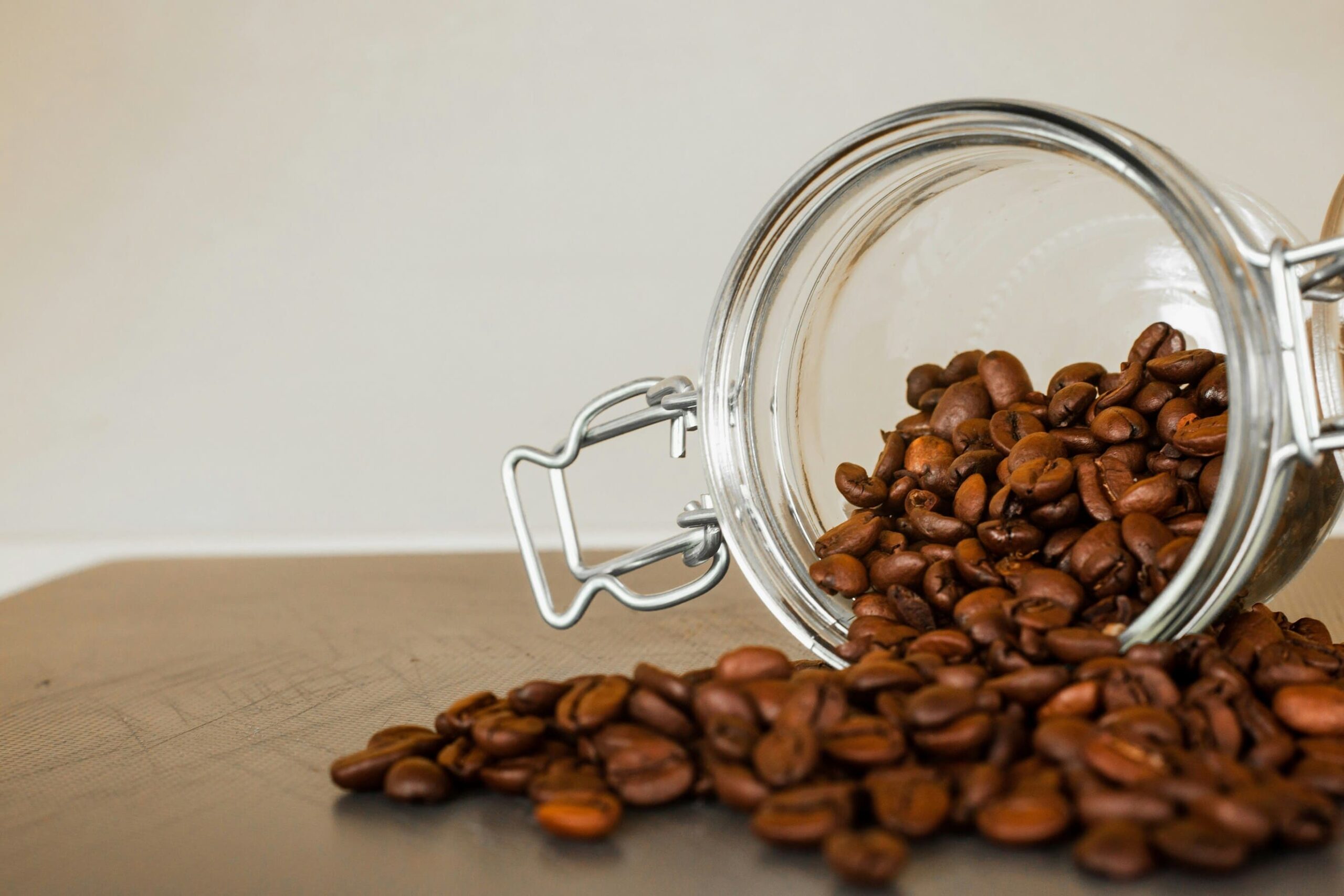ALL POSTS
ALL POSTS
What is Decaf Coffee?
3 min read
Last edit: Jan 9, 2025
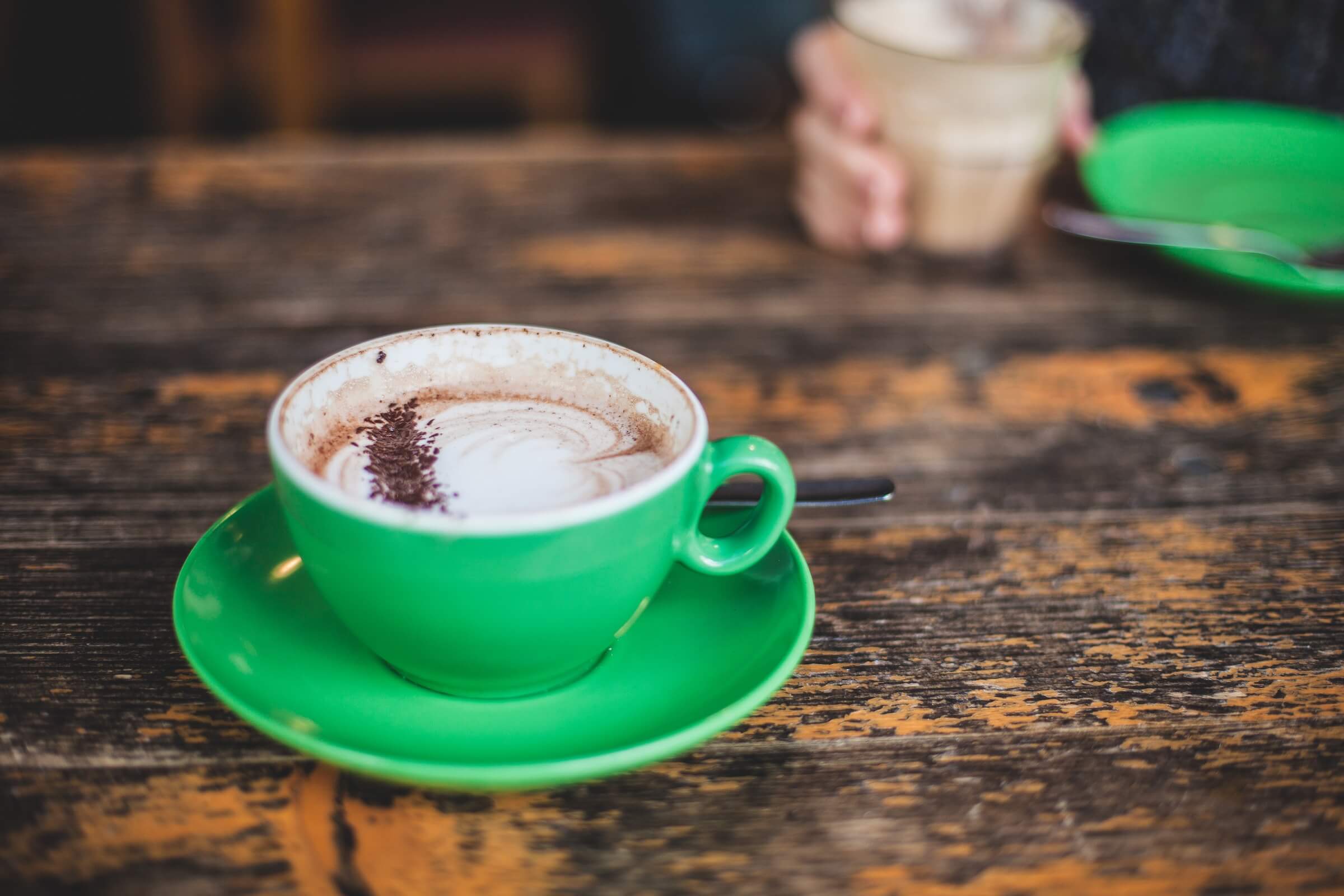
In simple terms, decaf is coffee in which most of the caffeine has been removed. Caffeine, in turn, is a natural compound that is found in some parts of plants, such as coffee beans, tea leaves, and cocoa pods. Caffeine can also be produced in a laboratory setting. After consumption, caffeine stimulates the brain and central nervous system and is why a cup of morning coffee boosts us.
Those who want to try this product may wonder how much caffeine in decaf coffee leaves after processing. The answer is – practically negligible. Typically, the decaffeination process removes up to 97-99% of the caffeine while preserving the taste and aroma of the coffee beverage. A regular cup of coffee can contain about 150 mg of caffeine, while a typical cup of decaffeinated coffee, on average, contains between 2 and 15 mg of caffeine in the same-sized cup.
History of decaf coffee
This makes decaf coffee benefits undeniable for those who want to savor their favorite drink without the risk of overstimulation or the unpleasant side effects associated with caffeine consumption, such as insomnia and anxiety, as well as increased blood pressure.
The accidental discovery of decaffeinated coffee traces back to 1903, when a merchant ship’s coffee supplies were soaked with seawater during a storm. To their surprise, the coffee lost its stimulating properties, but the delightful coffee aroma remained intact. This prompted attempts to replicate the effect in controlled factory conditions. The first decaffeinated coffee was created when Ludwig Roselius treated coffee beans with various acids and a benzene solution. Later, benzene was deemed carcinogenic, leading researchers to explore alternative caffeine removal methods. Nonetheless, Roselius’s method marked the initial successful step in decaffeination, both practically and commercially.
Historically, decaffeinated coffee had a highly dubious reputation when it came to flavor. It often lacked the rich taste and aroma that coffee drinkers expected. However, advancements in modern decaffeination methods have significantly improved the preservation of the coffee’s natural aroma and taste.
Decaffeination gained prominence with the rise of instant coffee consumption. Although, the early examples were far from impressive, as it didn’t taste like real coffee. And the decaf instant was even worse.
Fortunately, decaffeination technologies have since evolved significantly. Today, you can enjoy a wide array of decaffeinated coffee varieties without compromising much on taste and aroma, So we can say that decaffeinated coffee tastes almost no different compared to regular coffee.
It’s important to note that caffeine extraction from green coffee beans occurs before the roasting process, as extracting it afterward would result in coffee that tastes like straw.
Modern decaf coffee
Modern decaffeination methods include soaking the beans in solvents like methylene chloride or ethyl acetate. Unlike the earlier Roselius method, methylene chloride soaking is considered safe for health. Additionally, there are eco-friendly water-based processing methods for the production of natural decaf coffee, such as the Swiss Method, Co2 Process, and Sugarcane Process, though these tend to be more expensive. A more comprehensive exploration of these methods warrants a separate article.
The benefits of decaffeinated coffee compared to regular coffee are evident in its reduced negative effects on the body. If you experience issues such as anxiety, insomnia, elevated heart rate, or high blood pressure, switching to decaffeinated coffee can help mitigate these problems.
Moreover, caffeine is known to have dehydrating properties and can trigger digestive issues in some individuals.
In contrast to these benefits of decaf, some brands may still use harmful chemicals such as methyl chloride. To avoid this, you should carefully read the composition of the product and give preference to brands that make decaffeinated coffee using natural methods.
In general, is decaf coffee bad for you – everyone decides for himself. Definitely worth a try, especially if you often have the urge to drink a cup of your favorite coffee a few hours before bed. We can recommend choosing coffee made without solvents if you are concerned about the negative impact on your health. And, as always, we recommend finding specialty grade decaf.
Would you like to learn more about other coffee roasters in Slovenia? Here are the guides.



